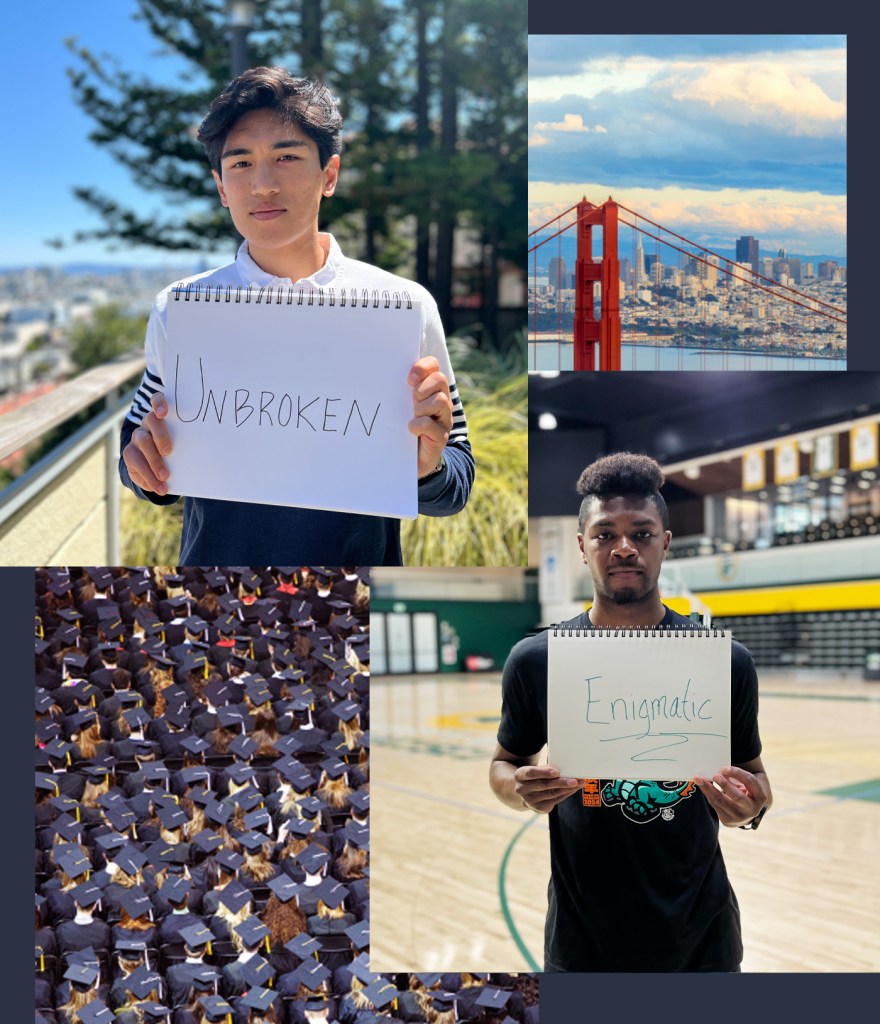Zip Code Economies
“Zip code is not destiny. It’s just a starting point.” – President Daly
The Federal Reserve’s decisions and policies impact the experiences of all communities. That’s why we believe it’s important to consider a wide range of data and perspectives in our work.
Zip Code Economies is one way that the SF Fed seeks out real-time perspectives from the people we serve. Originally conceived by President Mary C. Daly, Zip Code Economies is a series of conversations with people and communities across the Twelfth District that captures insights that aren’t often included in published data. The stories and lessons from Zip Code Economies help us develop a richer understanding of the economy and underscore the power of shared experiences across communities.




